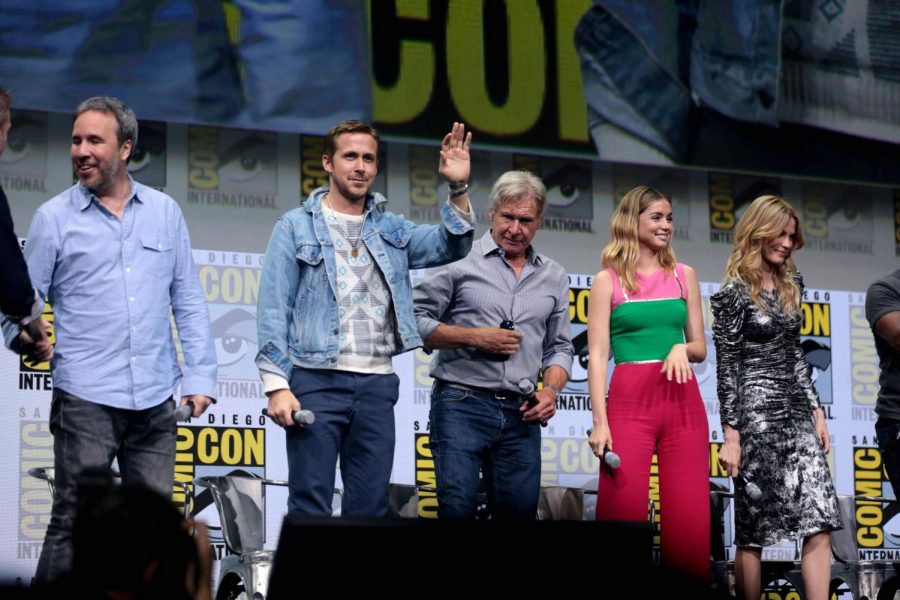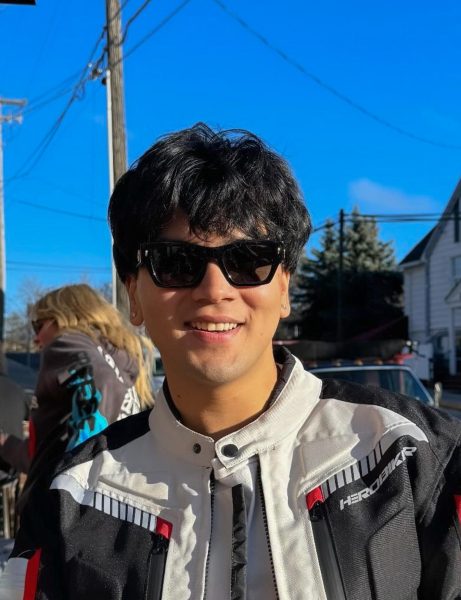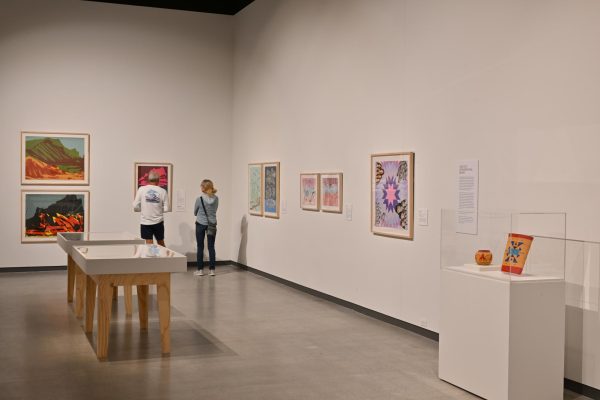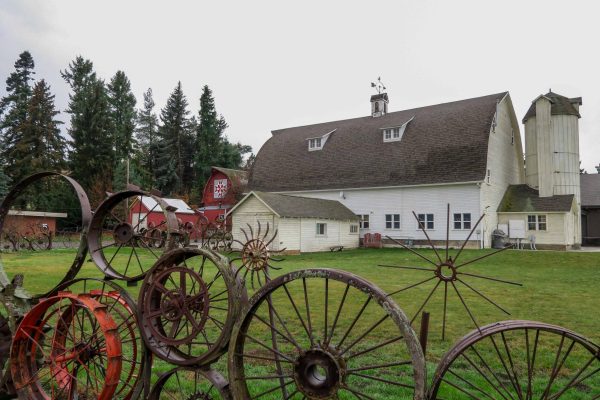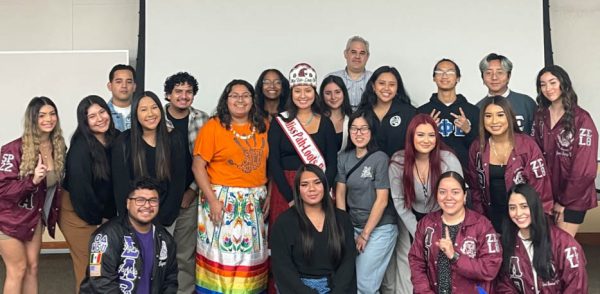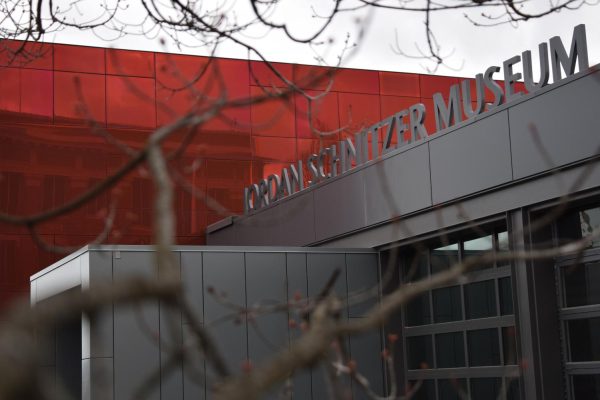‘Blade Runner 2049’ perfectly represents societal imperfections
One columnist believes that film depicts dystopian society in ways others can’t
The cast of “Blade Runner 2049” speaking at the 2017 San Diego Comic Con International at the San Diego Convention Center in, you guessed it, San Diego, California.
January 18, 2018
To graciously shorten something much longer, “Blade Runner 2049” is visually impressive, and paints an interesting narrative infused with some expansion on the moral conflicts of its predecessor. It may very well have a legacy as far reaching as the original, though it too has its flaws.
In the broader view, there are the visuals and cinematography, which for me personally outclass anything in recent memory. It makes the landscape as much of a character as Ryan Gosling’s K and Harrison Ford’s Deckard. While everything is bathed in greys and blacks, with the only splashes of color coming from the many advertisements – holograms that bathe the landscape – there is a certain reality to it.
While the landscape reflects hyper-capitalism and the worst nightmares of climate change coming to light, it feels real in a way that many other dystopias just don’t. Seeing Los Angeles as the overcrowded city, and Las Vegas as a barren set of ruins, one already feels familiar with these lands and believes they may be true possibilities, rather than pieces compiled from the imagination.
There is also the somber score, as composed by Hans Zimmer and Benjamin Wallfisch. In many ways, the music influences the mood of both the story and the setting through the use of deep bass. It reflects the sirens and heavy machinery that dominate the land and adds to the darkness of the world in a way that will make me deliberately avoid the soundtrack.
The overall story was very well executed and felt very satisfying, if at times somewhat prolonged. While I won’t reveal any specifics here, the plot does begin to broach the debate of what is human – where do we draw the line? How do we draw the line? With the situation presented in the movie, with replicants versus humans, what truly makes us human?
And while I’ll leave you to draw your own conclusions, I recommend you watch both “2049” and the original multiple times before proceeding to form your own conclusions.
However, no movie is perfect, and my qualms rest with the portrayals of K and Deckard. At times, some of the fight scenes felt a little too choreographed, or a little too scripted, and not as if these were trained individuals going through actual fights.
Furthermore, their portrayals – more so Gosling’s than Ford’s – felt somewhat hollow, and didn’t have the same level of charisma or emotional depth that was seen in the original movie.
Overall, however, I felt that this movie was an amazing sequel to the original “Blade Runner,” and easily one that could stand alone. The visuals and score will astound and pull you in, and the story will leave you satisfied.
“Blade Runner 2049” runs at 6 p.m. and 9 p.m. Friday and Saturday, and at 4 p.m. and 7 p.m. Sunday, in the CUB Auditorium. There will be popcorn while supplies last. SEB movies are free for students and $2 for any guests you decide to bring along.


